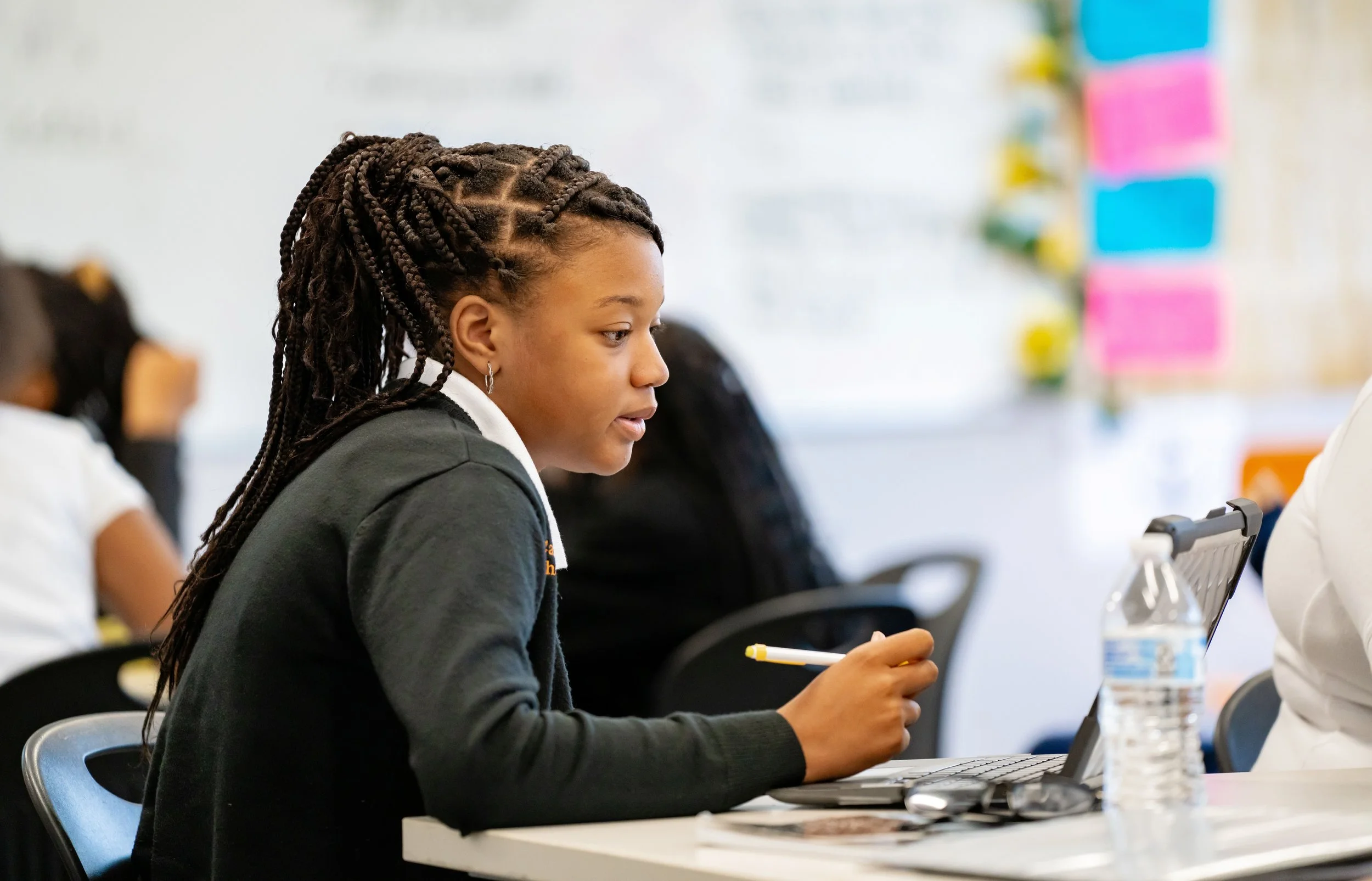
Teacher Spotlight: Charles Cole
For Charles Cole, high school biology teacher at CGLA, teaching is more than a job. It’s a chance to bring his favorite subject to life, and to unlock talent and creativity in students.Cole, who has been at the school since 2014, didn’t necessarily predict he’d be in this position. After graduating from the University of Georgia with a bachelor of science in genetics and a master’s in cell biology, he worked as a viral immunologist. He and his team were trying to develop a one-time flu vaccine, versus an annual flu vaccine, and he enjoyed working on a small piece of the science “story.”“I like using science to build a story,” he says. “Science takes all of these little pieces of understanding, and when you weave it into a larger story, you connect the dots to see the complex web. The result is the ability to somewhat control nature for the benefit of humanity.”After grad school and working in research, Cole entered the Peace Corps. He yearned to experience and exchange cultural ideas and live abroad. Living in Port Loko, Sierra Leone, for two years, he taught high school chemistry.“It was challenging, from dealing with the language barriers to adjusting to the West African school system,” Cole says. “My students were dealing with absolute poverty in a post-conflict country.”Back to TennesseeFollowing his two-year Peace Corps experience, Cole moved back to Chattanooga. His family is from the area, and he spent his childhood in North Georgia.“I discovered the rewards to teaching while in the Peace Corps, and the ability to prepare and empower youth to find success in adult life,” Cole says. “I want to expose them to the mysteries and beauty of nature.”Now at CGLA, Cole says he thrives in the results-driven school environment, where everyone is pushed to meet high expectations. In addition to teaching high school biology and environmental science, he guides the school’s aquaponics team in collaboration with partners at the J.A. Henry Community YMCA, University of Tennessee at Chattanooga and HATponics.The team builds and sells aquaponics systems—which combine hydroponic systems with aquaculture, or raising fish, to grow sustainable food—to local elementary school and after-school programs.“These students are becoming business savvy, learning leadership and engineering skills, understanding sustainable food, and picking up the experimental design process,” Cole says. “It’s a direct, real-world application of the biology and math standards they’re taught in class to solve real problems.”In the classroom, Cole says one of his favorite tools for engaging students in science is argument-driven inquiry, where students pitch and present their answer to a science problem or question.“Science in school bridges the gap between math and reading, and it’s naturally embedded with inquiry,” Cole says. “I feel like in my classroom, and at the school, students get a chance to feel and understand their value and express their intelligence. Teaching is about helping our students find their passion and see opportunities in places they may not have known exist.”Stay tuned! We’ll feature more teachers at CGLA and what they’re doing in their classrooms to help develop young women into globally aware citizens.




 Admissions
Admissions
 Donate
Donate
 Calendar
Calendar